Genshin Impact's Xiaomi server is closing, players happily gain "official status" while Bilibili server players wonder what's next?
![]() 11/21 2024
11/21 2024
![]() 472
472
This is a story about how miHoYo and Xiaomi went from a sweet start to a mundane end.
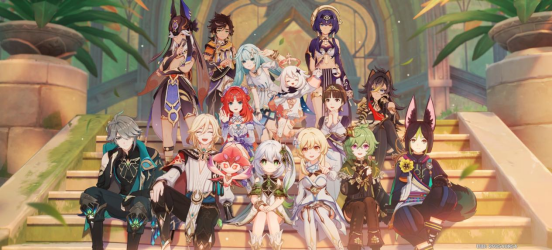
On November 19, Genshin Impact officially announced that the Xiaomi server would be shut down on January 20, 2025, and players on the Xiaomi server would be transferred to the official server (Sky Island server) after the closure.
Contrary to expectations, players on the Xiaomi server were overjoyed by the news.
Players on the Xiaomi server of Genshin Impact have long been frustrated with the limited access options. Since Xiaomi only offers a mobile version without a PC client, the player base has always been small, earning it the nickname "Ghost Server." Merging with the official server will not only enhance the gaming experience but also increase the value of players' accounts.
This has left many Bilibili server players feeling uneasy: "We're all citizens of the World Tree. Why are you moving to Sky Island?"
The shutdown of Genshin Impact's Xiaomi server exposes issues that go beyond disputes between game developers and distribution channels.
01 Joy and sorrow over the server shutdown
'It's great! I've been playing on the Xiaomi server for over a year, and I don't want to start over with a new account after investing so much. But playing on mobile is really hard on my hands and eyes, and I can't enjoy the graphics on PC. I was about to quit, but now that they're merging servers, I'm excited!' Xiao Xi excitedly shared the news with her gaming friends, who all congratulated her on 'making it through.'
Equally thrilled was A Tai, who introduced the game to a new player three years ago but stopped playing due to work commitments. When the new player saw the shutdown announcement, they immediately contacted A Tai and made plans to continue their adventure in the new version.
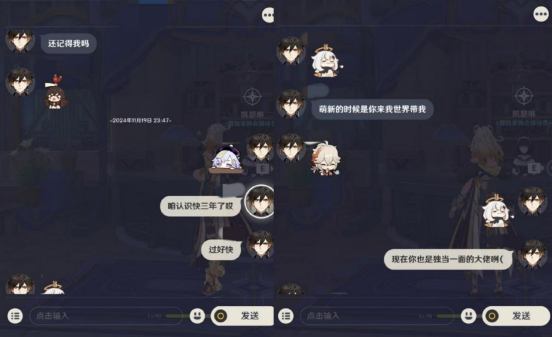
Image source: Genshin Impact game screenshot
On gaming trading platforms like Xianyu, many players have listed their accounts for sale since the official announcement. Most of these accounts were registered a long time ago, indicating that many veteran players are aware of the recent developments.
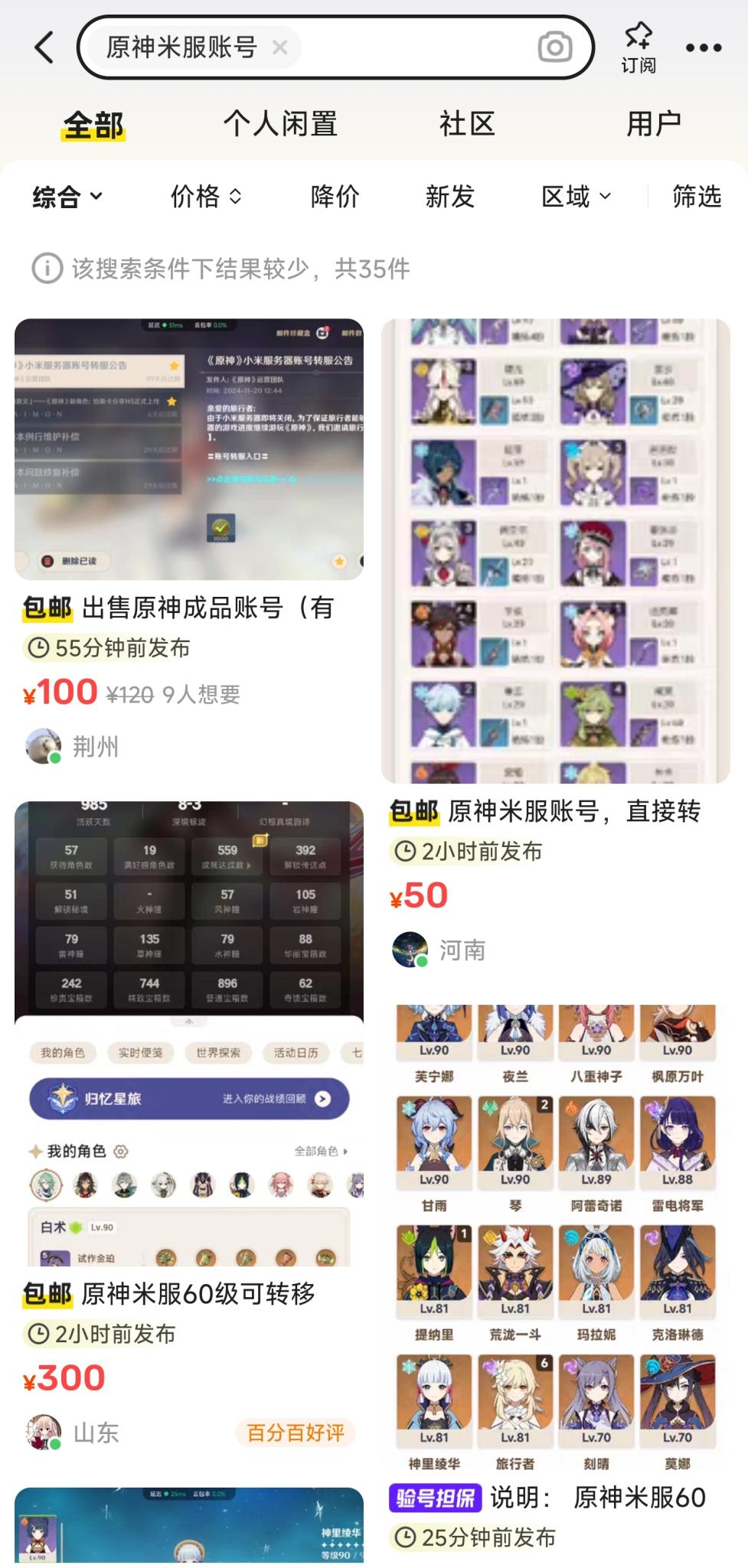
Image source: Xianyu
As a dedicated Genshin Impact player, Li Hui believes that the shutdown of the Xiaomi server is the result of comprehensive considerations between miHoYo and Xiaomi.
On the one hand, their four-year contract has expired. Xiaomi only earns 30% of the revenue, and after covering server costs, the profit margin is low. Except for a surge of players during the launch, they haven't reaped many benefits.
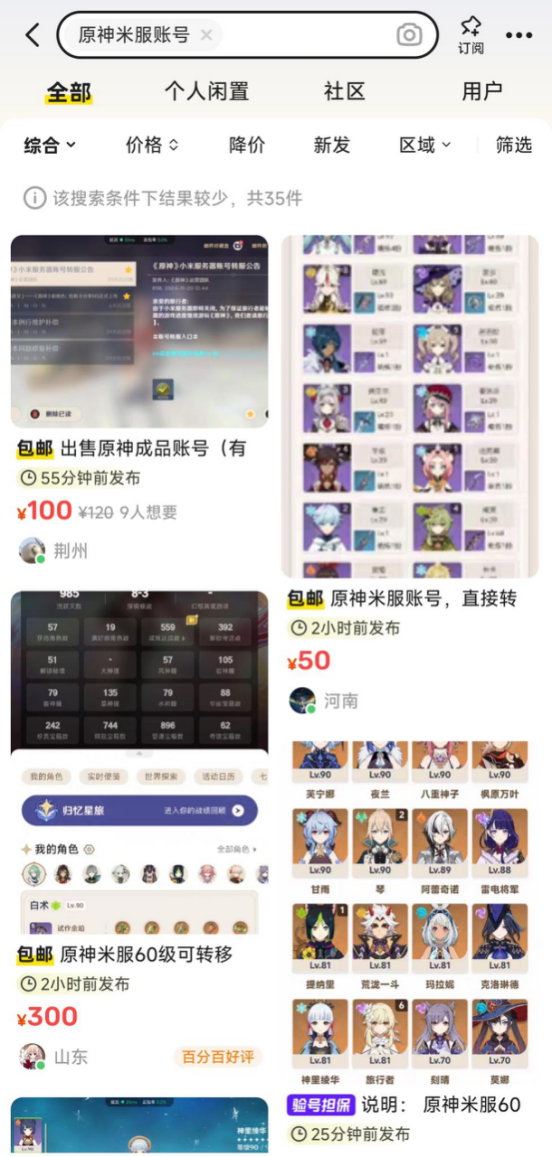
Image source: Baidu App
On the other hand, the player experience on the Xiaomi server is poor. Not only is there no PC version, but due to Xiaomi's restrictions, players cannot continue playing if they switch to an iPhone or another Android device due to data incompatibility.
Players have long requested a PC version and account transfer options. The game includes quarterly surveys to gauge player sentiment, but relevant adjustments have been slow to come.
Moreover, miHoYo's new games, Honkai: Star Rail and Genshin Impact: Zero, did not specifically launch on the Xiaomi server, suggesting that both parties may not want to invest more operational effort.
02 From a sweet start to a mundane end for miHoYo and Xiaomi
Back in the day, to coincide with the launch of Genshin Impact, the Xiaomi Store not only gave it a top spot on the APP chart and 'hot search game' list but also provided premium resources like opening screen ads, rotating homepage banners, and a custom icon skin. They even offered a promotion where players could win a Xiaomi 11 phone.
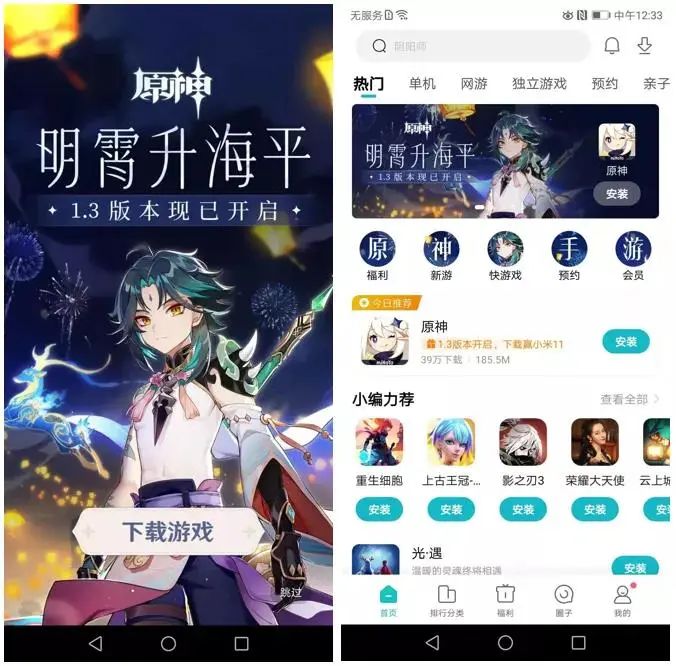
Image source: Xiaomi Game Store
At the time, GameLook reported that Xiaomi broke industry norms by agreeing to a 70-30 revenue split in favor of miHoYo to bring Genshin Impact onboard.
Beyond revenue sharing, miHoYo and Xiaomi also have deeper ties in cloud gaming.
In October 2019, Beijing Kingsoft Cloud, a cloud computing service provider, led an angel round investment in a cloud technology service provider called Veloxity. Subsequently, miHoYo also invested in Veloxity during its Pre-A and A rounds, ultimately holding a 6.7% stake after two rounds of follow-on investment.
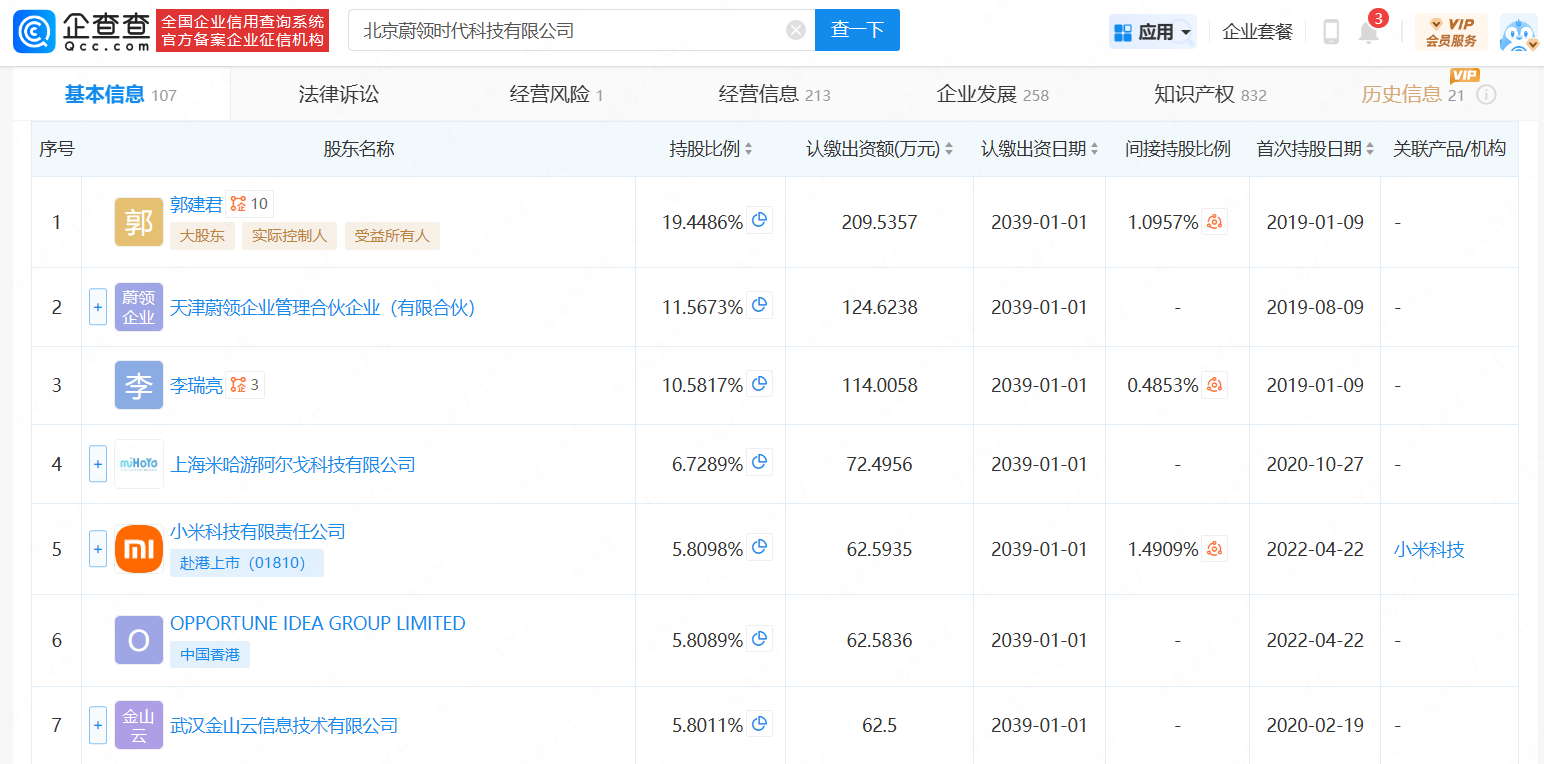
Image source: Qichacha
Half a month ago, Leiphone reported that miHoYo was significantly reducing its cloud usage, nearly halving its budget for a major cloud service provider, planning to cut spending from the original 1 billion yuan per year to less than 600 million yuan.
Despite this, cloud service providers are still eager to work with industry leaders like miHoYo. Some have even offered discounts of up to 25% off the original price. Meanwhile, miHoYo has been migrating between Kingsoft Cloud and Alibaba Cloud in pursuit of cost optimization.
According to IDC's China Game Cloud Market Tracker, Alibaba Cloud has maintained the largest market share in China's game cloud market for two consecutive years. On the global launch day of Honkai: Star Rail, supported by Alibaba Cloud, downloads exceeded 20 million, topping the free app charts in 113 countries and regions.
This year, Alibaba Cloud has collaborated with popular games like Genshin Impact: Zero, Naraka: Bladepoint, Romance of the Three Kingdoms: Strategy Edition, and Black Myth: Wukong. This has impacted Kingsoft Cloud's position in the gaming industry.
According to QuestMobile data, in February this year, TapTap, Xiaomi, Baidu, and AppStore had similar market shares in Genshin Impact's download channels, indicating that their ability to acquire users is relatively similar. Therefore, Genshin Impact does not have a strong incentive to collaborate with app stores for user acquisition.
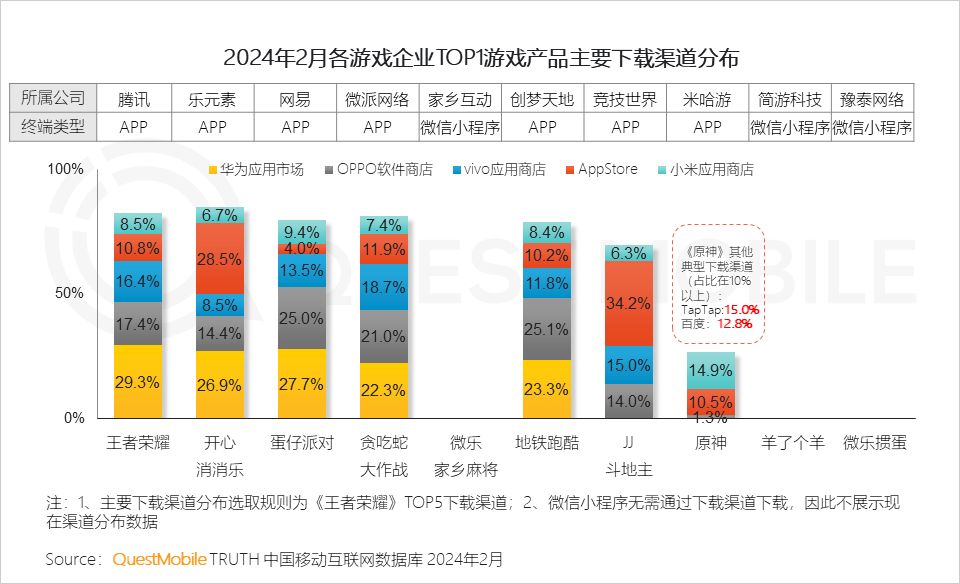
Image source: QuestMobile
When asked about the shutdown of Genshin Impact's Xiaomi server, miHoYo and Xiaomi officials declined to comment further, referring to the official announcement for details.
Regarding the situation where the Bilibili server will become the only channel server for Genshin Impact after the Xiaomi server shutdown, the customer service of the miHoYo App responded that whether new channel servers will be opened in the future remains to be seen.
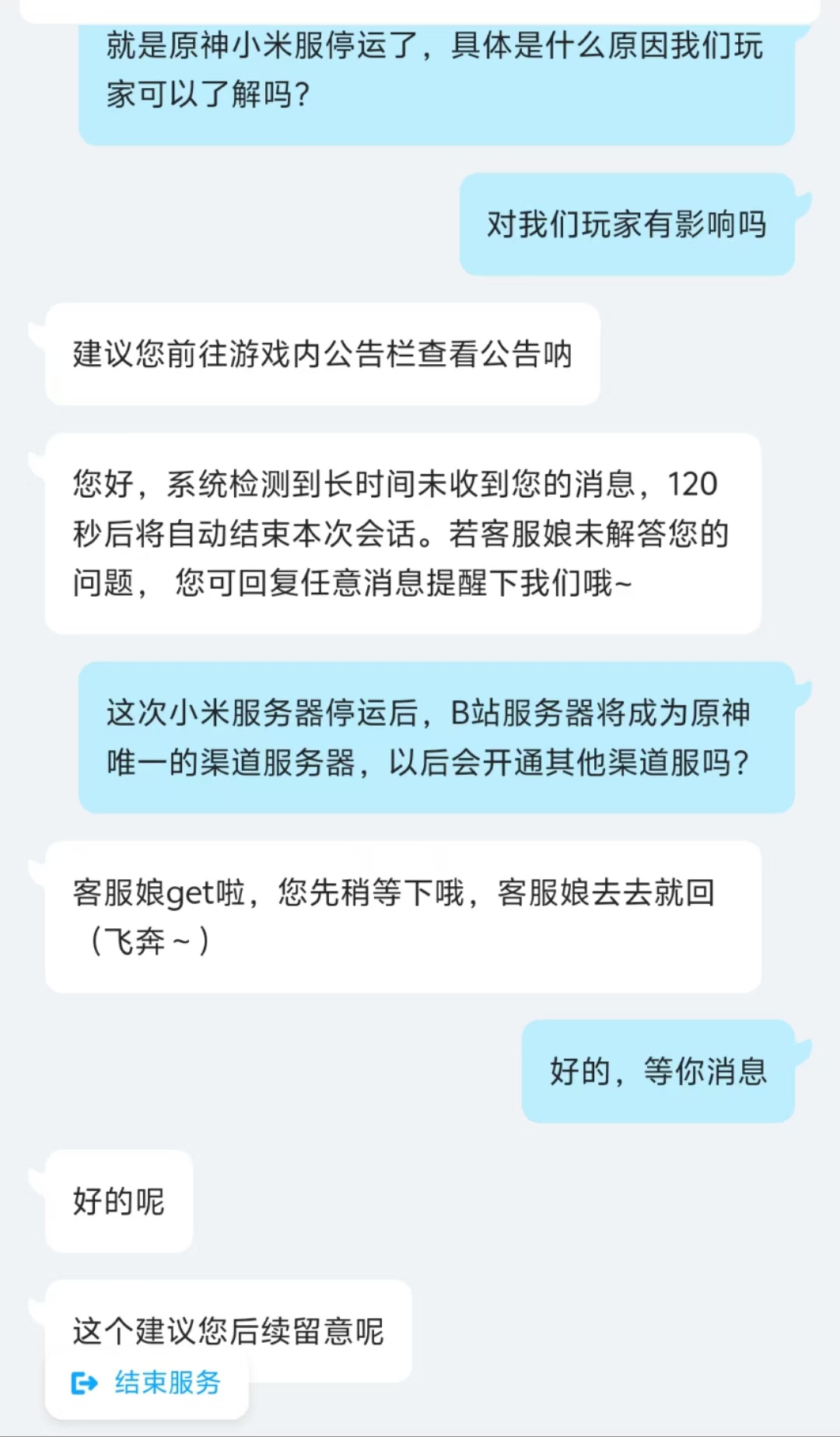
Image source: miHoYo App
The split between Xiaomi and miHoYo seems inevitable, and the love-hate relationship between game developers and channel servers is likely to continue in the future.





